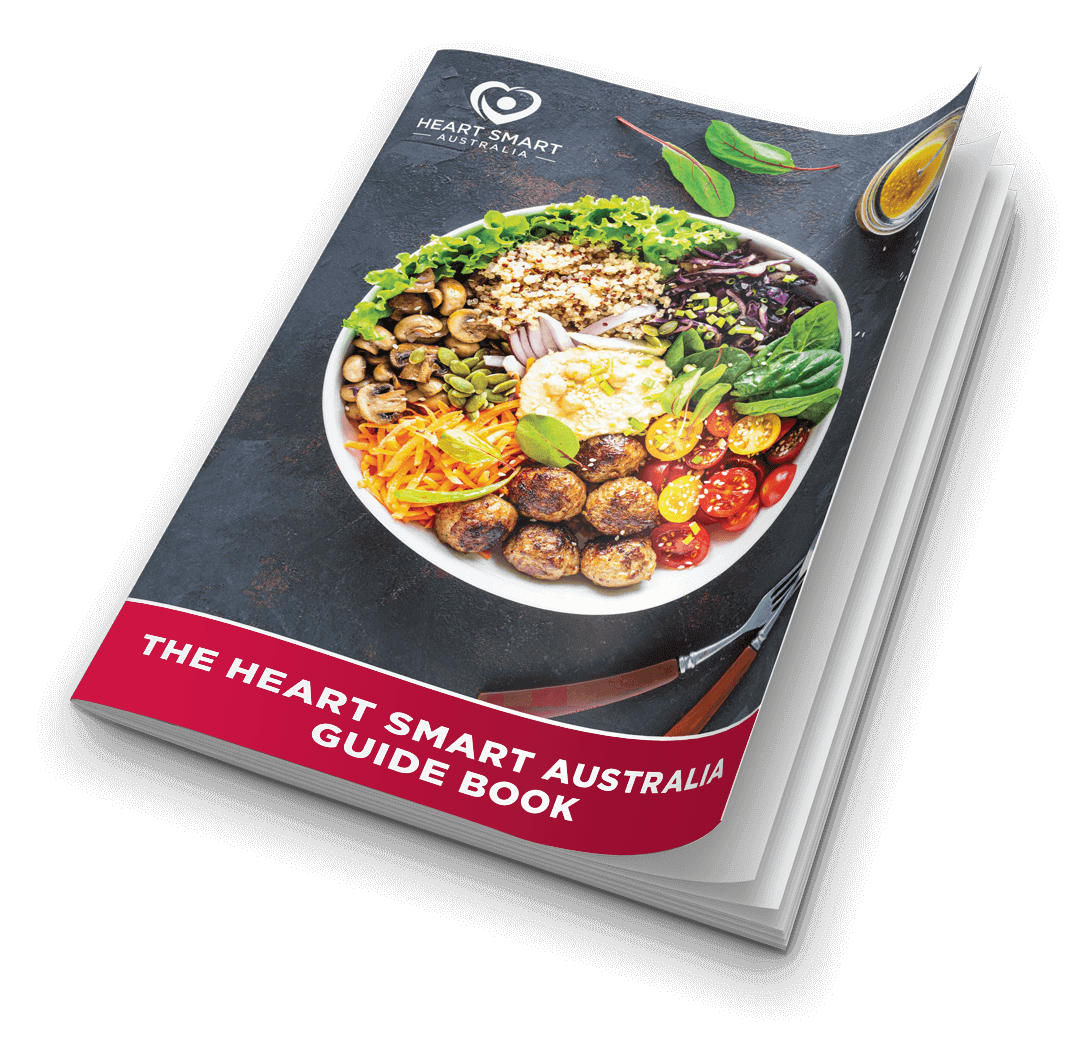DASH Meal Plan: Healthy Eating To Lower Your Blood Pressure
High Blood Pressure – also known as hypertension – is defined as a higher than normal blood pressure, and is a major risk factor for health conditions including Coronary heart disease, stroke, and heart failure. According to the Bureau of Statistics National Health Survey in 2017-18, 1 in 3 Australians aged over 18 years old suffer from high blood pressure (Hypertension) (1).
The DASH Diet – a well-known healthy meal plan – is one of the best strategies to lower blood pressure through nutrition. In this article, we explore what is the DASH meal plan, the foods it includes and its limits, and how you can follow this style of eating to reap the health benefits.
What is the DASH meal plan?
The DASH meal plan – aka the Dietary Approaches to Stop Hypertension – is a diet that was originally designed to lower or control high blood pressure (2). The healthy meal plan was created by researchers after they noticed that high blood pressure was much less frequent in those who followed a plant-based diet, for example, vegans and vegetarians (3). According to the RACGP, the DASH diet has been rated the best diet for overall health and well-being for the past 5 years in a row (4).
It focuses on heart-healthy foods that are low in sodium and are rich in nutrients such as fibre, potassium, magnesium, and calcium, for example, fruits, vegetables, legumes, whole grains, reduced fat dairy, and moderate amounts of lean proteins (3). The regular DASH meal plan encourages no more than 1 teaspoon (2300mg) of sodium per day, and the lower salt version ¾ of a teaspoon (1500mg) per day (3).
What are the benefits of the DASH meal plan?
The DASH meal plan has been around for decades, and the health benefits are well documented in research.
As the name suggests – the DASH meal plan has been found to lower blood pressure. According to research, reductions in blood pressure can be seen within just 2-4 weeks by 6mmHG to systolic blood pressure and 3mmHG in diastolic blood pressure (4). But wait – the benefits don’t stop there. This healthy meal plan also has been found to assist with weight loss, lower cholesterol, diabetes, and metabolic disease risk, improve heart health, and has also been found to reduce your risk of certain cancers such as Breast and Colorectal cancer. Talk about impressive! (2,5,6)
What foods are included in the DASH meal plan?
The DASH meal plan doesn’t offer a specific list of foods, but rather focuses on recommended servings of different food groups. This includes (3,5):
| Fruits – 4-5 servings per day
For example:
|
Vegetables – 5 servings per day
|
Wholegrain foods – 6-8 servings per day
|
Reduced-fat dairy products – 2-4 servings per day
|
Lean proteins e.g. fish and poultry – 2-3 servings per day
|
Fats and oils – 2 servings per day
|
Nuts, seeds, and legumes – 4-5 servings per week
|
The DASH meal plan is a flexible way of eating and can look different for everyone. It allows you to lean into your taste and lifestyle preferences and focuses on simple, every food that you can find at your local supermarket. It draws many similarities to the Mediterranean diet, however, this healthy meal plan does not emphasize olive oil, red wine, or large amounts of fish (5).
NOTE: It’s important to note that the number of servings you consume each day is based on your individual needs, for example, your age activity levels, and your current health and wellness goals. For a personalised DASH meal plan, it’s best to seek advice from an Accredited Practising Dietitian.
What foods should be limited in the DASH meal plan?
The DASH meal plan recommends limiting your consumption of foods that can raise your blood pressure and affect your heart health. These foods include:
- Red meats and fatty meat cuts
- Full-fat dairy products including milk, butter, and creams
- Sugary foods such as lollies, cakes, pastries, etc
- Sugar-sweetened beverages (6)
A sample DASH meal plan
Here is a sample day on a plate when following the DASH Meal Plan:
- Breakfast: 1 cup rolled oats, 1 cup reduced-fat yogurt, ½ cup mixed berries, and 1 tbs of nuts and seeds
- Morning tea: Vita-wheat crackers with reduced-fat cheese and sliced tomato and cucumber
- Lunch: Chicken salad sandwich on wholemeal grain bread with 1 medium banana
- Afternoon tea: hummus + veggie sticks
- Dinner: Lemon-herb salmon with roasted vegetables and ½ cup brown rice
- Dessert: 1 cup mixed fruit with 1 cup reduced-fat yogurt (2,4)
How to make your healthy eating plan more DASH friendly
Here are our top tips to help you make the transition to the DASH diet:
- Snack on veggies e.g. baby cukes or cherry tomatoes
- Add them to your breakfast dish e.g. a side of spinach and mushrooms with your morning eggs
- Add to sauces like spag bol, curries, soups, and pasta sauces. A great way to do this is grating your veggies – the kids won’t even notice!
- Keep frozen varieties in your freezer for convenience
The takeaway message
The DASH meal plan offers several health benefits and can be a great option for you – especially if you’re looking to lower your blood pressure and improve your overall health and well-being.
When making lifestyle changes, it’s always important to make small, realistic steps to help you maintain them in the longer term. At Heart Smart Australia, we offer support programs where you’ll receive individualised support from Accredited Practising Dietitians and Health Coaches to help you improve your heart health and reach your goals. If you’re interested to gain insights into the experiences of our valued clients, we encourage you to read Heart Smart Australia reviews.
To learn more about what our programs can offer you, book your free assessment to speak to one of our friendly staff today.
How we reviewed this article:
- Sources
- History
Heart Smart Australia utilises a variety of credible and reliable sources to support and provide valuable insights into the topic being discussed. From academic journals to government reports, each reference has been carefully selected to add depth and richness of our articles.
- (1) Australian Institute of Health and Welfare | (2019). High blood pressure. Australian Institute of Health and Welfare.
- (2) Mayo Clinic | (2018). Sample menus for the DASH diet. Mayo Clinic.
- (3) West, H | (2018, October 17). The Complete Beginner’s Guide to the DASH Diet. Healthline; Healthline Media.
- (4) RACGP - DASH | (Dietary Approaches to Stop Hypertension) diet to prevent and control hypertension. (2018). Racgp.org.au.
- (5) DASH Diet: What Is It, Meal Plans and Recipes | (2021, June 18). Cleveland Clinic.
- (6) The DASH Diet: A Complete Overview and Meal Plan | (n.d.). Healthline.
- (7) DASH Diet: What Is It, Meal Plans and Recipes | (2021, June 18). Cleveland Clinic.
Our team actively monitors health and wellness advancements, keeping our articles up-to-date with the latest information as it becomes available.
Medically Reviewed by:Dr. Ross Walker




